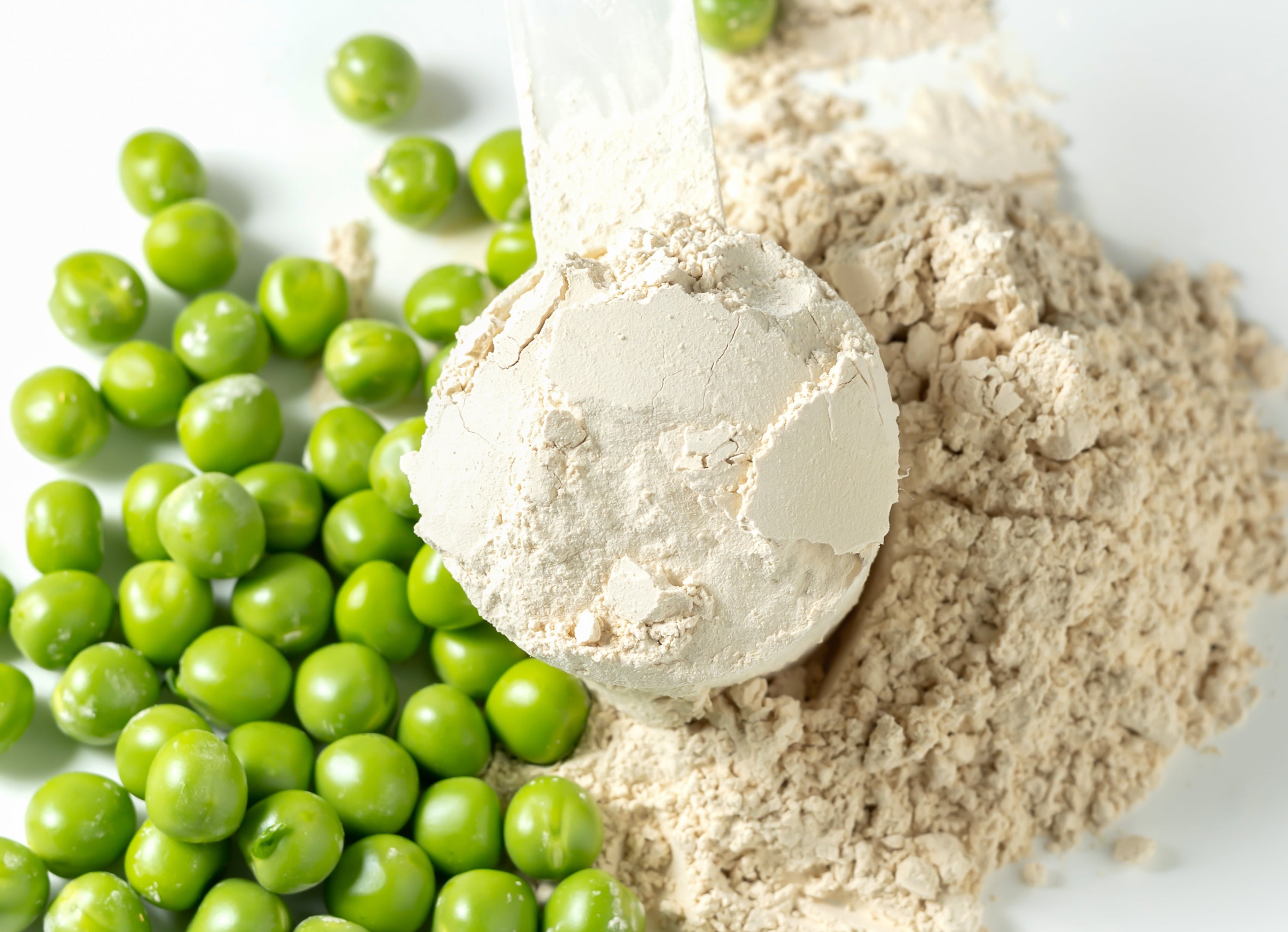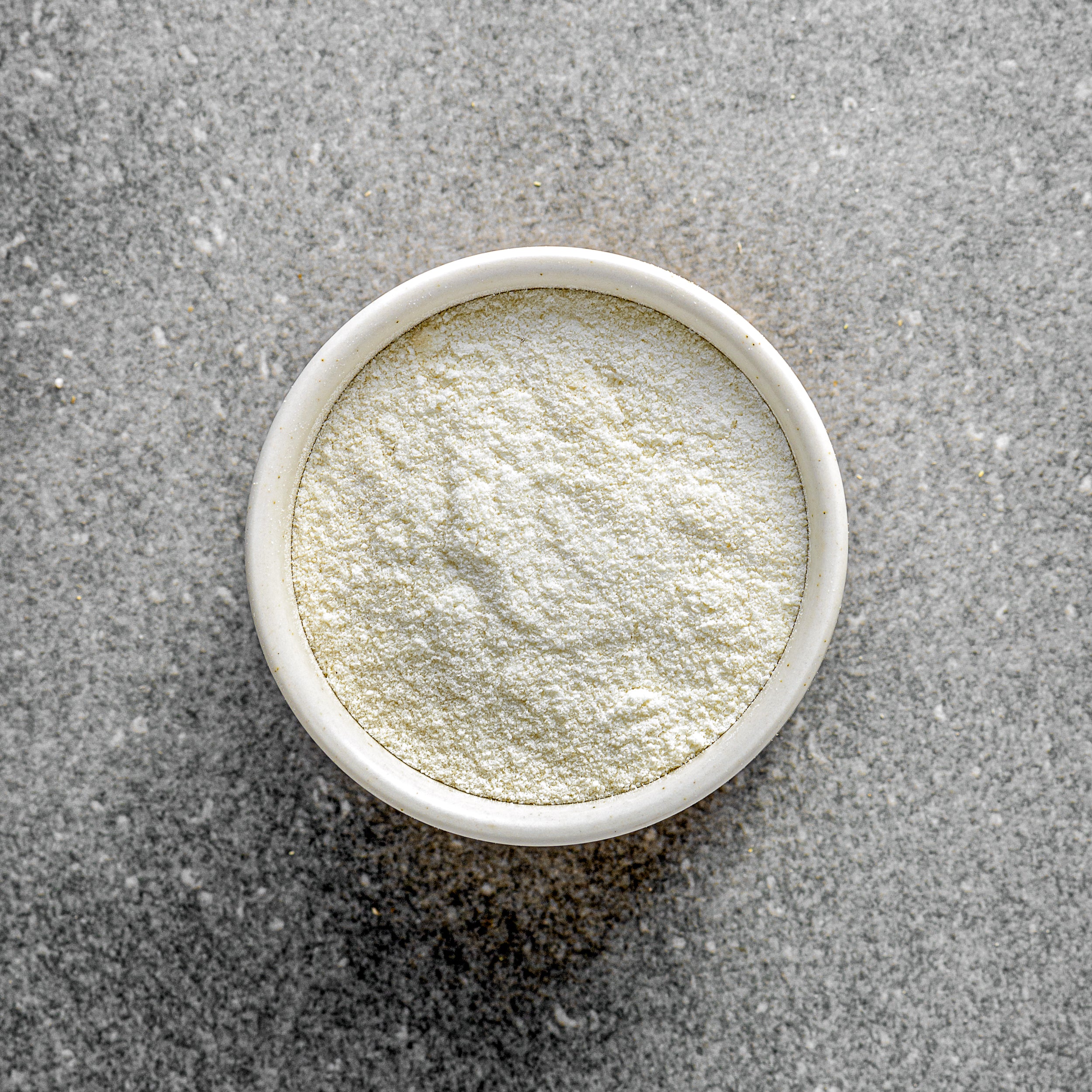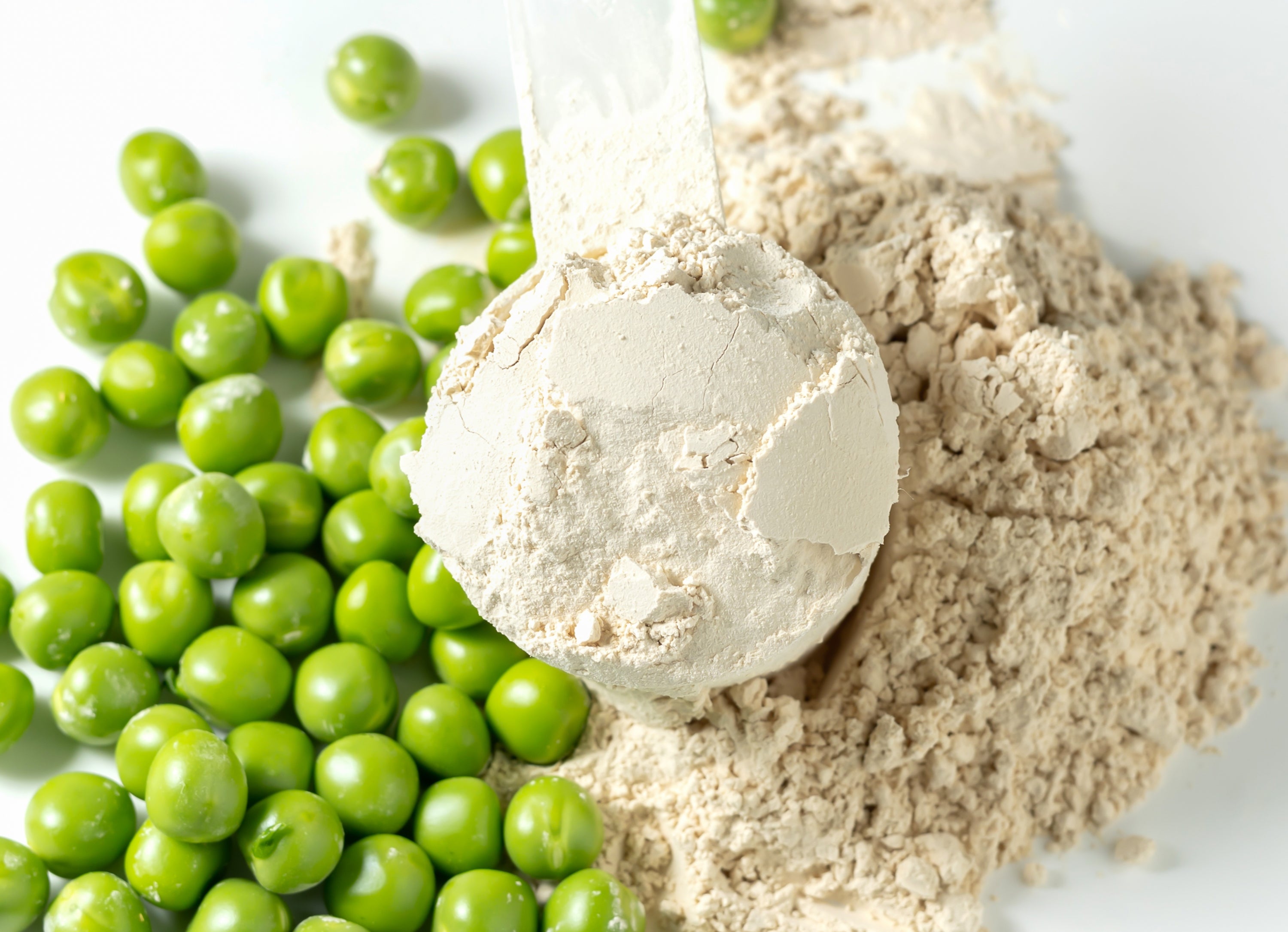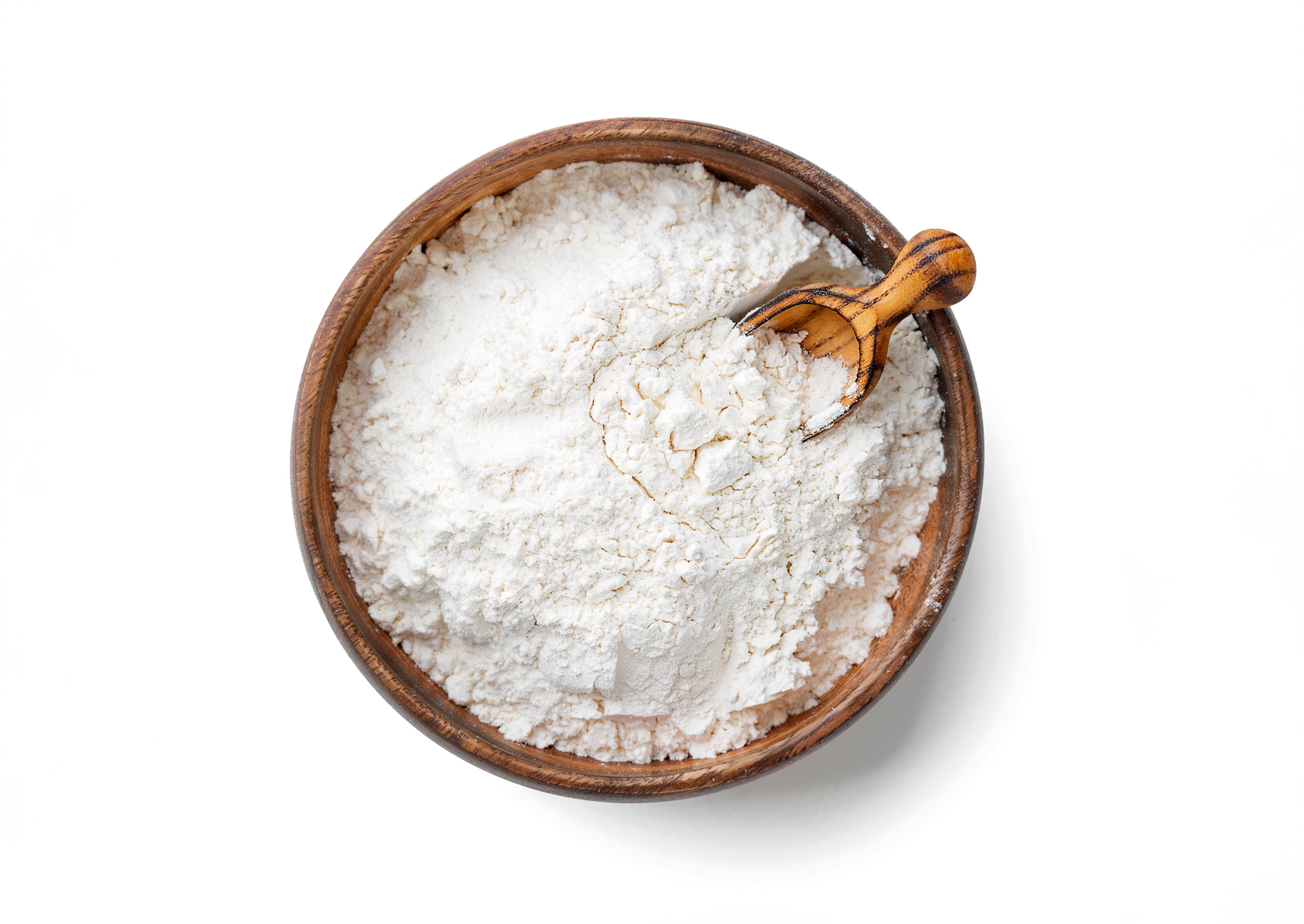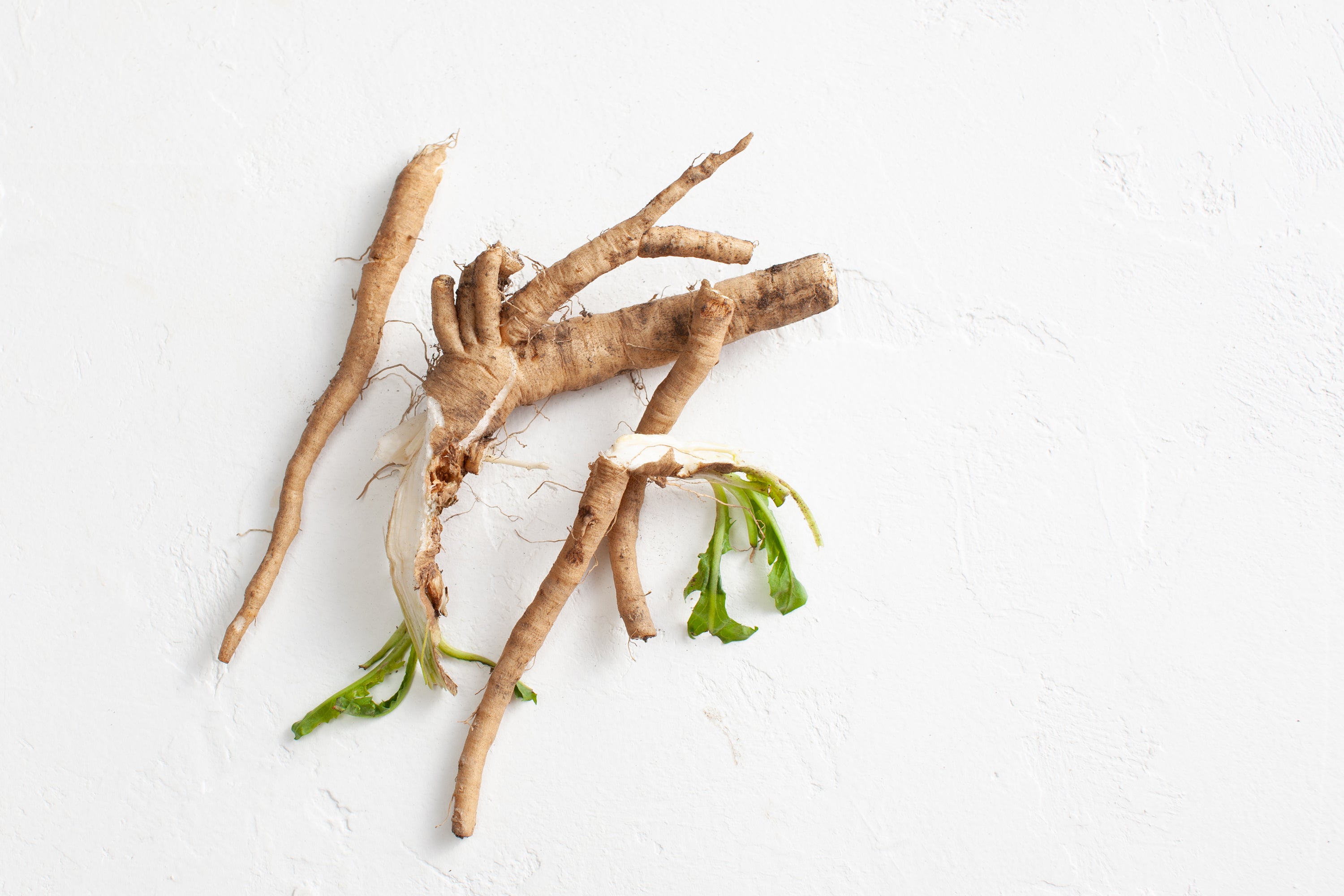A high-protein diet has become a cornerstone of health and wellness conversations in recent years. We’ve all seen the countless tips on how to boost protein intake or the recipes promising 30 grams of protein per meal. But why is protein so important, and where does pea protein fit into the equation?
Today, we’re shining a spotlight on pea protein, one of the most popular plant-based protein options available. Whether you’re curious about its benefits or looking for a gentler alternative to traditional whey protein, this blog is for you.
What Is Pea Protein?
Pea protein is derived from yellow split peas. It’s a plant-based protein that has quickly gained popularity due to its versatility, nutritional profile, and digestibility. Unlike whey or casein, pea protein is completely free of dairy, making it an excellent choice for vegans, vegetarians, and those with lactose intolerance.
Pea protein is classified as an “incomplete protein” because it doesn’t contain all nine essential amino acids your body needs. However, it’s rich in key amino acids like lysine, which is essential for tissue repair and collagen production. When combined with other plant-based proteins like rice protein, pea protein forms a complete amino acid profile, making it just as effective as animal-based proteins.
Why Choose Pea Protein?
If you’ve ever felt bloated or uncomfortable after consuming whey protein, you’re not alone. Many people find pea protein to be a gentler alternative. Here are some of its standout benefits:
1. Gentle on Digestion
Pea protein is free from common allergens like dairy, gluten, and soy, making it a fantastic option for those with sensitive stomachs or food intolerances. It’s also easier to digest compared to animal-based proteins.
2. Sustainability
As a plant-based protein, pea protein has a much smaller environmental footprint compared to animal-derived proteins. Peas require fewer resources like water and land to grow, making pea protein an eco-friendly choice.
3. Rich in Key Nutrients
Pea protein isn’t just about protein. It’s also packed with iron, a mineral that supports energy production and immune health. This makes it an excellent option for plant-based eaters who may struggle to meet their daily iron needs.
4. Muscle Recovery and Growth
While it’s not a “complete” protein on its own, pea protein still provides essential amino acids needed for muscle recovery and growth. When paired with complementary proteins, it becomes an all-star option for athletes and active individuals.
5. Satiety and Weight Management
Like all proteins, pea protein helps you feel fuller for longer, making it a great tool for managing hunger and supporting weight loss goals.
At Juspy, we combine pea protein with rice protein to create a complete amino acid profile, so you don’t have to worry about mixing and matching yourself.
The Bottom Line on Pea Protein
Pea protein is a plant-based powerhouse that’s gentle on your stomach, eco-friendly, and packed with nutrients. Whether you’re looking to build muscle, manage your weight, or simply add more plant-based foods to your diet, pea protein is a smart and effective choice. Paired with rice protein, it provides the complete amino acid profile your body needs to thrive.
